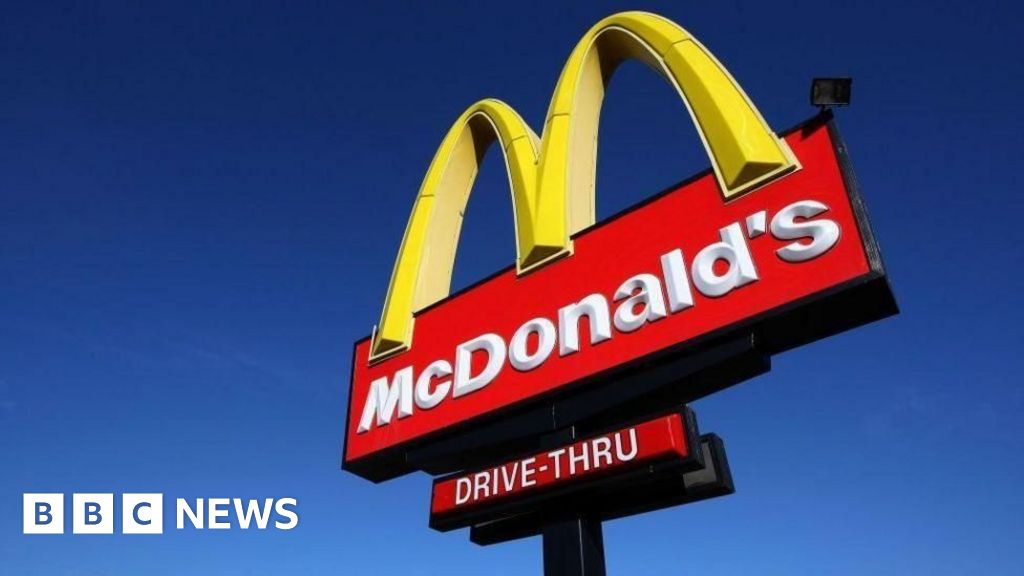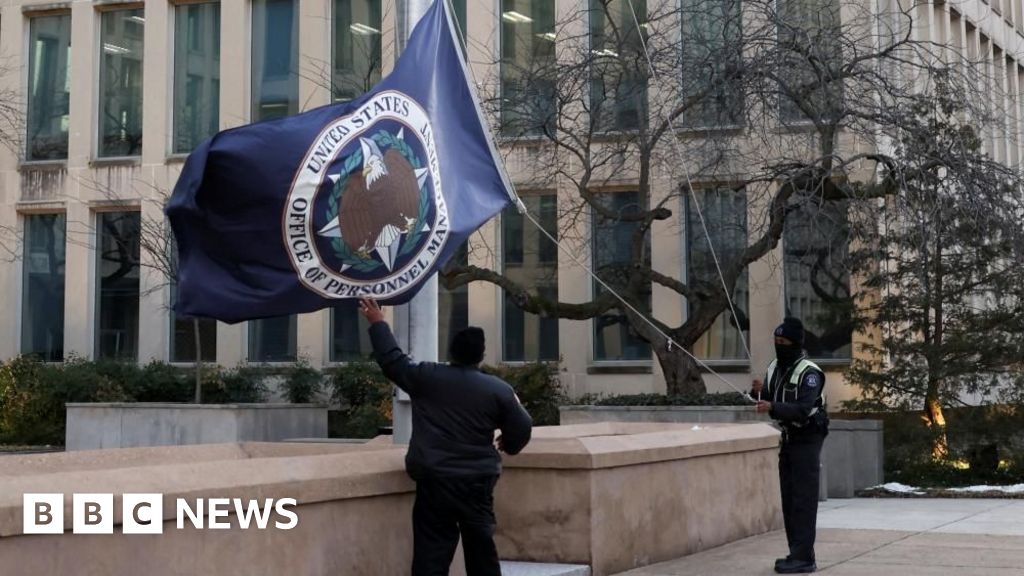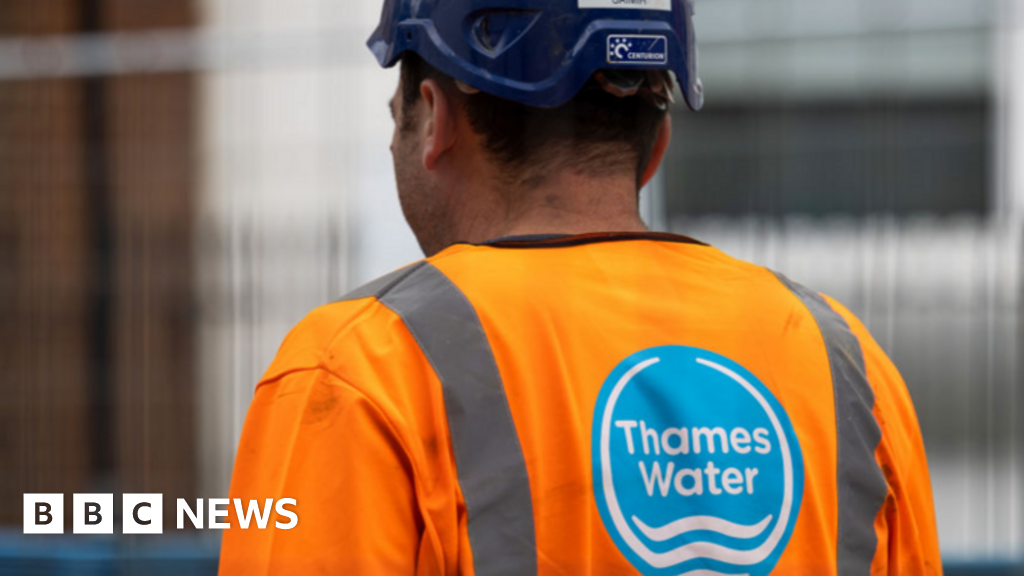Chancellor Rachel Reeves is planning what she calls the "biggest pension reform in decades" in an attempt to boost economic growth.
The government wants to merge the UK's 86 council pension schemes into a handful of "pension megafunds".
It is hoped the changes will lead to billions of pounds being invested in the UK in areas such as energy infrastructure, tech start-ups and public services.
Reeves told the BBC that UK public sector pension funds in their current form were not big enough to generate good returns for British savers, but critics say the measures could put savers’ money at risk.
The chancellor told the BBC ahead of her first speech as chancellor at the annual Mansion House gathering of investors in London that she wants the UK's pension schemes to be more like Canada and Australia.
In those countries, pensions of local government workers, such as teachers and civil servants, are pooled into a handful of funds which are able to make big investments around the world.
"They probably have the best pension funds anywhere in the world," Reeves said.
The pension reforms are part of Reeves' plan to boost growth and come after many businesses have criticised the rise in employer National Insurance contributions in the Budget.
She told the BBC that she is "not immune to those criticisms, but it was necessary to increase taxes” to get the state finances in shape and “properly fund” public services.
The government plans to merge the 86 council pension funds - which include £354bn in investments and are run by local government officials - into "megafunds" run by fund managers.
These bigger funds would also be required to "specify a target for the pool’s investment in their local economy".
Separately, the government also wants to set a minimum size limit on defined contribution schemes in the private sector, which manage around £800bn of investments, to encourage the consolidation of the around 60 different multi-employer schemes.
The government says its changes could "unlock" £80bn worth of investment into the UK.
"Our pension funds in Britain are too small to be making the investments that get a good return for people saving for retirement and to help our economy to grow," Reeves said.
She added it made “no sense at all” that Canadian teachers and Australian professors were more likely to be invested in many long-term UK assets than savers in Britain.
Tracy Blackwell, chief executive of Pension Insurance Corporation, told the BBC's Today programme the changes were a "really important step in the right direction".
"We can use our economies of scale and expertise to invest in complex projects in the UK."
However, Gervais Williams, head of equities at Premier Miton, said combining the smaller schemes into megafunds was a "mistake".
"They've always been able to invest in big companies, but also small companies. These megafunds, by implication, they'll invest in mega companies and many of the smaller companies will be, unfortunately, less significant in them going forward.”
But Ms Blackwell disagreed.
"I think by having the scale and the right expertise internally to invest in a wide range of assets, they'll be able to invest in a lot more than what they can invest in now."
Some have argued the changes bring risks for pension savers.
"Conflating a government goal of driving investment in the UK and people’s retirement outcomes brings a danger because the risks are all taken with members’ money," said Tom Selby, director of public policy at investment platform AJ Bell.
He said the current system encourages trustees to deliver "the highest possible income in retirement for members" rather than focus on UK-wide economic growth.
This sometimes means investing in things like US stocks and shunning UK investment.
Larger investments can also bring bigger risks, with Canadian pension fund the Ontario Municipal Employees Retirement System being the largest investor in troubled Thames Water.
Others say there is a risk that larger funds struggle to find enough big UK projects to invest in.
"Large funds need substantial, reliable projects to generate returns, but the market may struggle to offer enough of these opportunities, especially in the infrastructure sector," said Jon Greer, head of retirement policy at wealth manager Quilter.
He added that if "too much money chases too few viable investments" funds might be forced into "riskier" investments.
Shadow chancellor Mel Stride said the Conservatives "will be looking closely at the detail of what Rachel Reeves sets out – particularly regarding the mandating of where investments are to be made".
Sign up for our Politics Essential newsletter to read top political analysis, gain insight from across the UK and stay up to speed with the big moments. It’ll be delivered straight to your inbox every weekday.

 Movie
Movie 3 months ago
85
3 months ago
85 





![Presidents Day Weekend Car Sales [2021 Edition] Presidents Day Weekend Car Sales [2021 Edition]](https://www.findthebestcarprice.com/wp-content/uploads/Presidents-Day-Weekend-car-sales.jpg)



 English (United States)
English (United States)